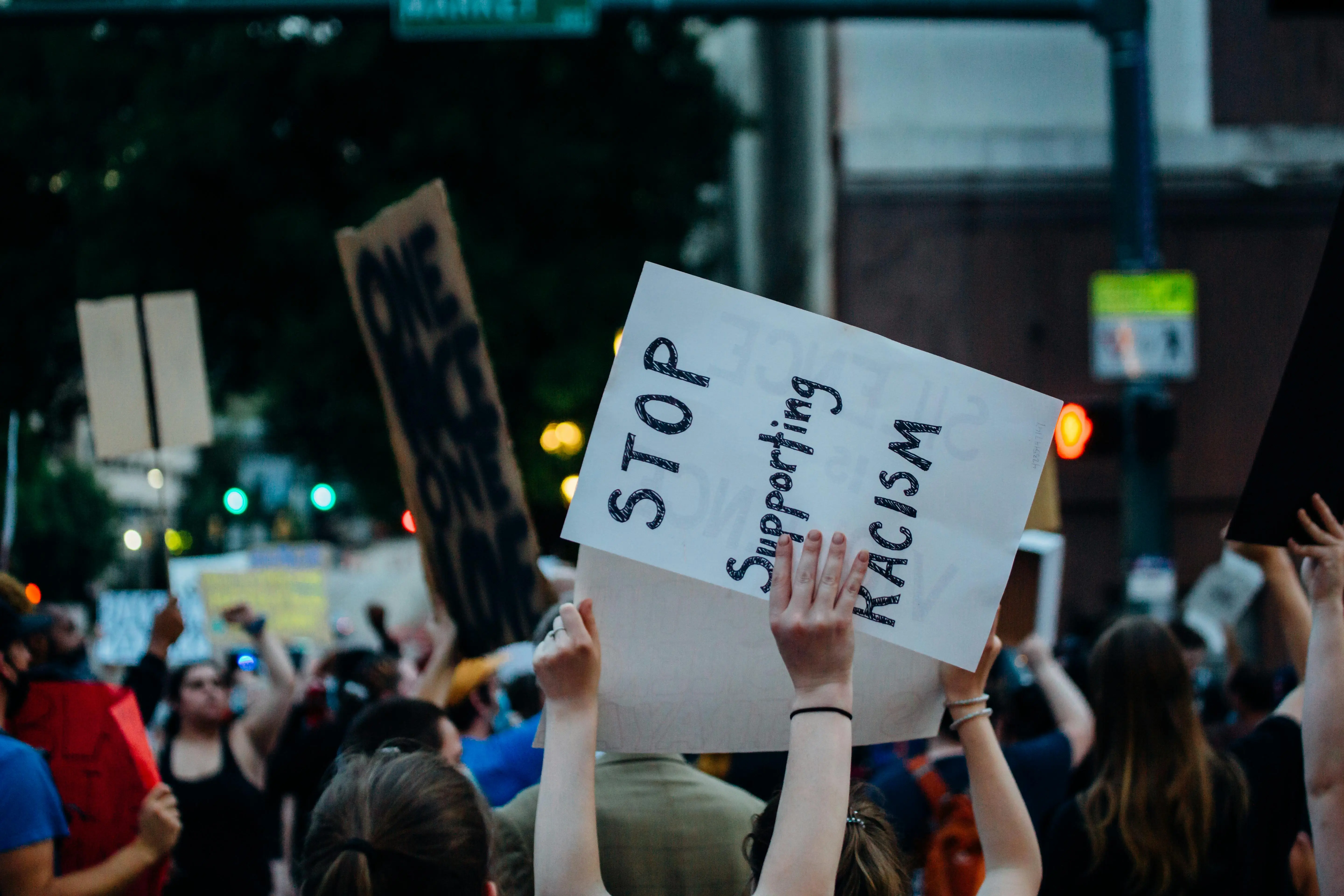The civil rights movement has played a significant in United States history leading to various constitutional changes concerning racial disparities. As per Morris, the movement essentially advocated for various political, social, cultural, and legal changes to prevent the segregation and discrimination that faced minority groups in the United States, such as African Americans (518). For instance, Brown v. Board of Education of Topeka (1954) prohibited segregation in schools (Medley 15). Equally, civil rights movements resulted in prohibiting discrimination in public transports and recreational facilities (Morris 519). Moreover, the opponents of the civil rights movement presented various claims. The opponents objected to multiple providers, including equality in using public utilities, and asserted that it was unconstitutional to extend the federal power.
The current American constitution gives all Americans certain Civil Rights and freedom to engage in various democratic processes and activities. The Bill of Rights protects the American’s civil liberties allowing Americans to participate in the assembly freely, region, petition, speech, and press as indicated in the fourth amendment. Notably, decisions by the Supreme Court changed Civil Rights, such as in the case of Brown vs. Board of Ed and Plessy v. Ferguson. Brown vs. Board of Ed resulted in prohibiting racial segregation in education, while Plessy v. Ferguson resulted in eliminating racial discrimination in the public transport system (Medley 16). Winning such cases indicated achievements by the civil rights movement, leading to growth in the number and advocating for more social, political, and legal issues that affected African Americans. On the same note, the Supreme Court ruling contributed to the emergence of the nascent civil rights movements across the country (Medley 32). However, future Supreme Court decisions would have a significant change in American history due to solving the challenges of racial discrimination facing American society.
Works Cited
Medley, Keith Medley. We as freemen: Plessy v. Ferguson. Pelican Publishing, 2012: 14-34
Morris, Aldon D. “A retrospective on the civil rights movement: Political and intellectual landmarks.” Annual Review of Sociology 25.1 (1999): 517-539.








